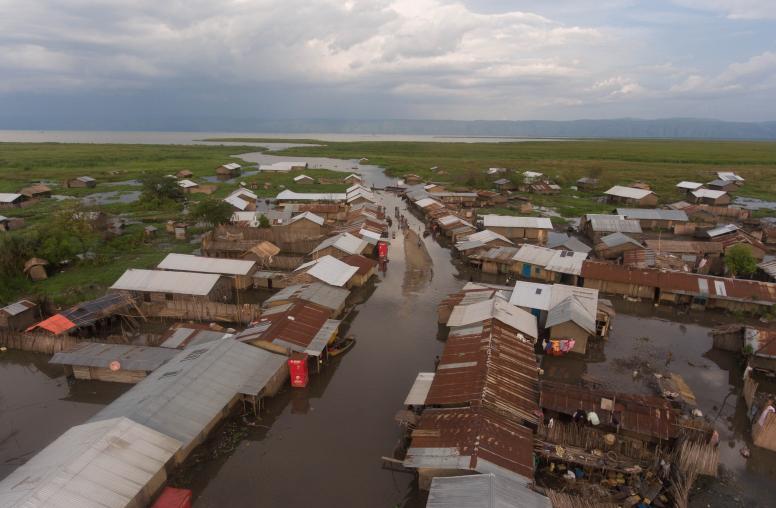Unfortunately, children born as a result of conflict-related sexual violence have been overlooked in the international community’s peacebuilding agenda for a long time. Eunice Otuko Apio, a member of Uganda's Parliament and a finalist for USIP’s 2022 Women Building Peace Award, discusses why children born of war have historically been marginalized in peace processes, how resources can be used to support them and their families more effectively, and how women can contribute to peacebuilding more broadly.



